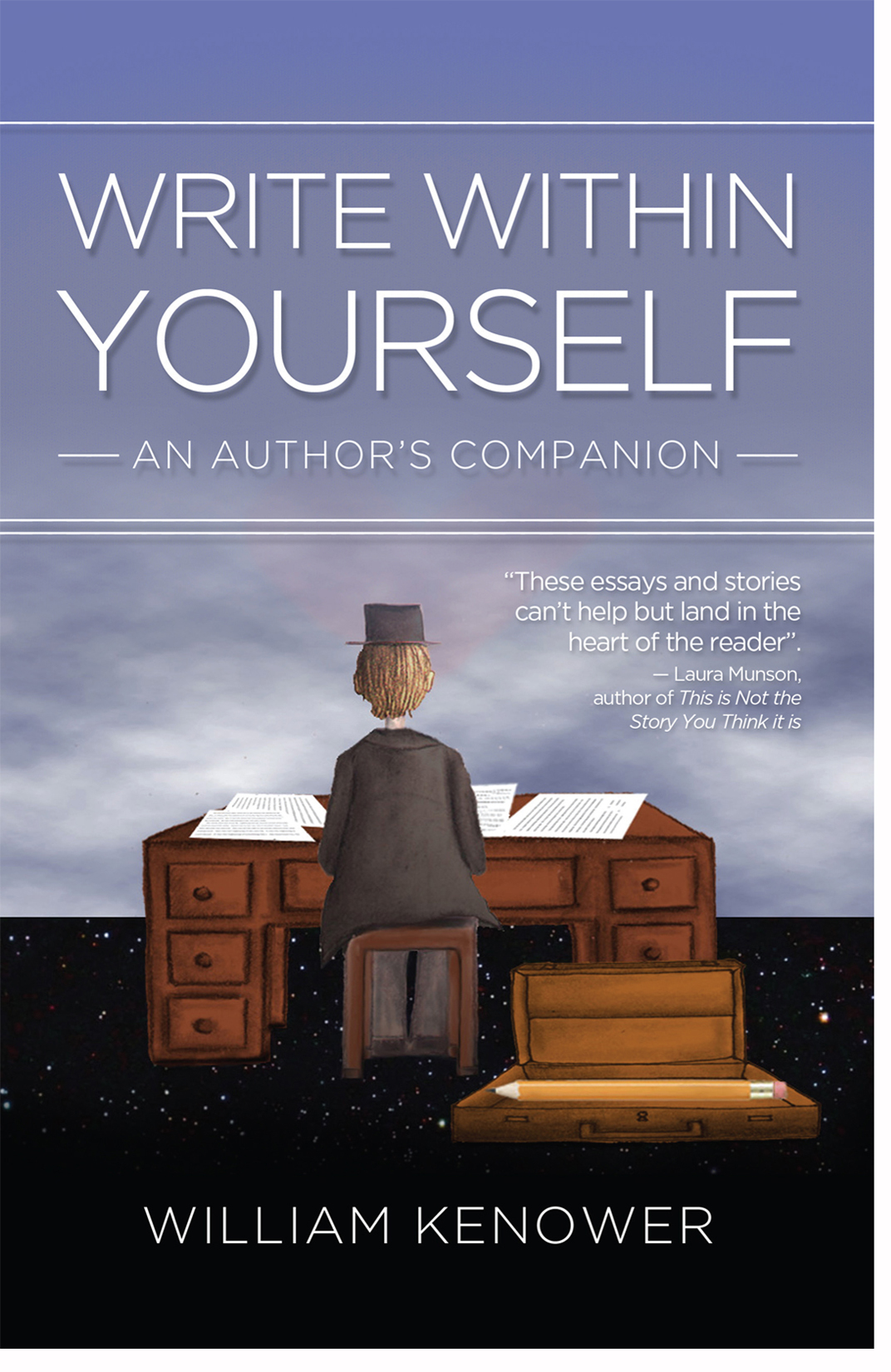Inspired Choices
Writing a book could be seen as the result of making 80,000 choices called words. I could think of it that way, but I don’t because it’s overwhelming. When I think of choices I usually imagine myself weighing the value of two apparent equals, such as deciding to eat fish or chicken, or deciding to paint a room Sunshine Yellow or Raincoat Yellow. Most of the words in a book seem to choose themselves, one following the other, as do my steps as I am headed from one place to another. But from time to time I must pause in my writing journey and choose where to go next. Now I am aware that I am making a choice, and, like a musician learning a new score, everything slows down. In many ways, the success of a piece depends on what I do at these moments. I have paused because I cannot yet perceive a difference between one choice and another, between one word and another, one thought and another. It is this apparent lack of difference that so confuses me – because I know that whether I am writing or taking a walk, I am always choosing between opposites.
A choice is always inspired or uninspired. At any given moment, in a story or in my life, there is only ever one inspired choice, while there are countless uninspired choices. The inspired choice is an expression of unconditional love, unconditional happiness, unconditional well-being. It is happiness, love, joy, passion, or curiosity extending itself outward. As I writer, I ask myself, “What does this story want to be?” It is a question I can answer only from my awareness of how interested I am in the story, utterly independent of what other people will think of that story. That is unconditional love for the story I am telling.
Uninspired choices, meanwhile, are entirely conditional. Uninspired choices – of which I have made many, many, many in my life – are an attempt to assemble happiness by arranging the furniture of my life. I will be happy, says the uninspired thought, when I have bought that house, or won that game, or lost that weight, or published that book. I have made so many of these choices that I sometimes call the effort and force necessary to make them normal. I have made so many that I sometimes call the inevitable disappointment that follows bad luck.
Writing taught me the difference between these choices like nothing else. It is immediately uncomfortable to choose the uninspired word. You can ignore that discomfort, which I frequently have, but the discomfort will only increase with every new uninspired word. Why, you might ask, would I ever make an uninspired choice if it feels so lousy? Why make such a choice if it always leads to disappointment?
Because the uninspired choices carry the illusion of control, whereas the inspired choices always require trust. The uninspired choice says, “I will cut a path through the forest,” whereas the inspired choice knows a path already exists, although I cannot yet see it. My life sometimes feels too important to surrender to something other than the brute strength of my will to succeed and my willingness to work hard. Yet all I am seeking in my hard work and yearning for success is happiness, happiness, happiness, and hopefully more happiness – the very thing waiting to be chosen at any moment.
Write Within Yourself: An Author's Companion.
"A book to keep nearby whenever your writer's spirit needs feeding." Deb Caletti.
You can find Bill at: williamkenower.com


